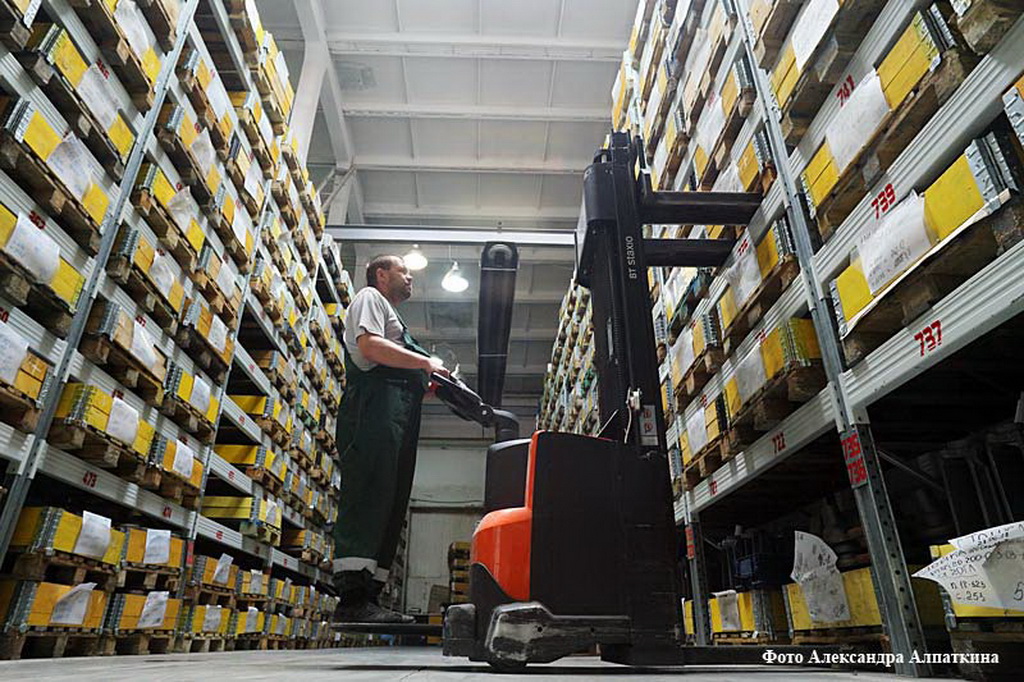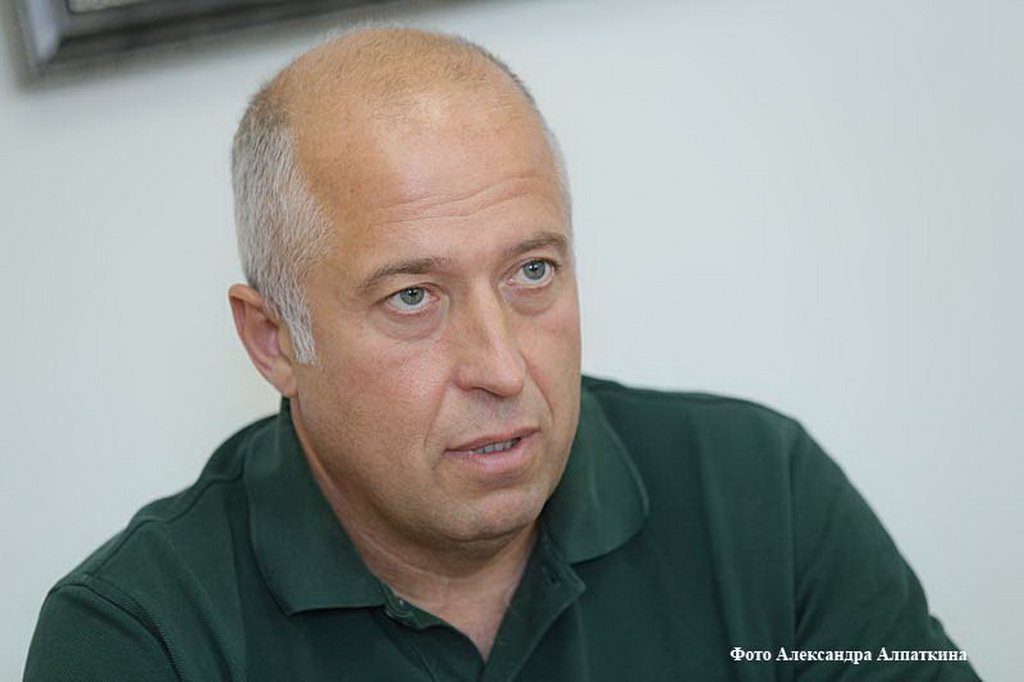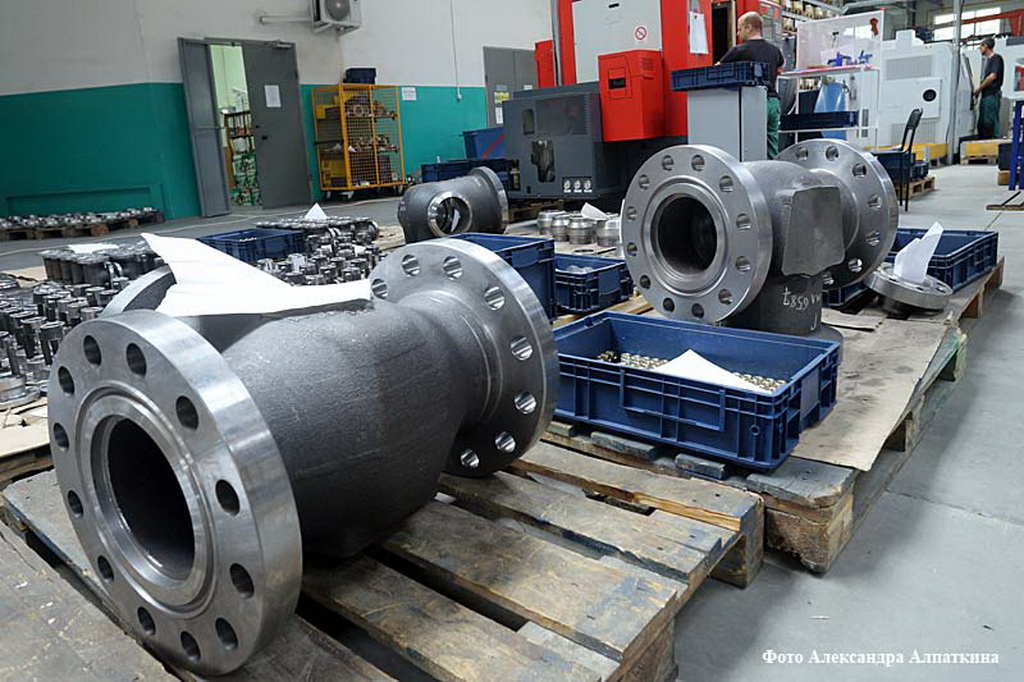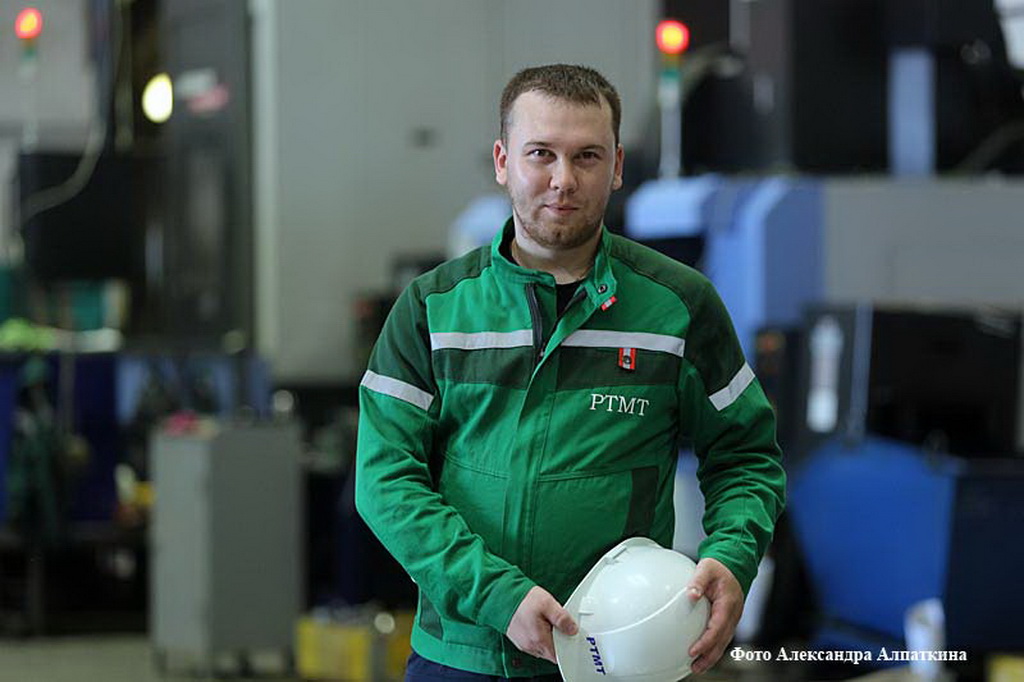Rebar construction in Kurgan: an inside look
Rebar construction in Kurgan: an inside look

Alexander Shusharin, Director of the RTMT plant: "The winner is the one who is not afraid to take on difficult tasks"
Over the past twenty to thirty years, the rebar industry has changed a lot. Technologies, production culture, requirements for personnel and the products themselves — the market dictates new conditions, and you need to navigate them quickly. That is why the manufacturers of pipe fittings have united in the cluster "New technologies of valve construction". Alexander Shusharin, General Director of the RTMT plant, one of the leading and technologically advanced rebar—building enterprises in the region, knows from his own experience how it was and how it became.
Take everything from the market

— I joined the industry in 1993 (Alexander Shusharin started his career at Icarus, — author's note), when it just started to change. The Ministry has always given large, difficult—to-implement, constantly growing plans, so at that time there was a task - to reduce the plan coming down from above. What can we say about direct contracts. One day, while tidying up old documents in the cabinets of the contract department, they found a stamp that was put on the requests of customers, something like this: "This year the limits are exhausted, contact next year." Today everything is different. The competition is huge, and in order to stay afloat, you need to take everything you can get on the market," says Alexander Shusharin. The requirements for fittings have become higher. If earlier they were dictated by the manufacturer, today they are dictated by the buyer. GOST is not the main thing here. If, according to GOST, the valve needs to be tested for tightness for three minutes, and for the customer — for half an hour, the plant will do as the buyer wants. Each large company has its own standards, up to the color of the fittings and the quality of the paint. This complicates the work, but also disciplines, says Alexander Shusharin. Those who are not ready to fulfill the customer's requirements will have to leave. As well as someone who is not ready to work on costs and increase productivity. In today's conditions, this is the only way out: over the past decade, everything has increased in price — metal, materials, electricity and utilities, and the price of fittings has remained almost the same. To do this, you need to seriously invest in technology, equipment, and, of course, personnel. — Everything works in a complex. The technologist must make sure that the parts are manufactured according to the most optimal technology. The head workshop must make sure that there is minmum of changeovers, and no time is wasted on this. And mechanics and service must make sure that the machines are not idle in repairs, — continues Alexander Shusharin. A modern plant is both a production, scientific and high—tech site. Especially a factory that produces complex, high-tech products. The more complex the products, the less competition. By the way, RTMT today produces fittings capable of withstanding a pressure of 700 atmospheres. Production equipment sometimes costs not even tens, but hundreds of millions of rubles. But to be a good specialist, it is not enough to be a professional only in your field. Serious tasks require serious knowledge.
Cadres decide

As for the personnel, they are trained for themselves at RTMT. The personnel reserve is all those who work at the plant today. Do you need a welder, a radiologist or a good adjuster? They take one of their own and send it to study. Today, one of the workers at the expense of the plant is studying to become a welder-technologist at the University of St. Petersburg, the other is going to study as a radiologist in Yekaterinburg.
Process engineer Denis Fedin is a piece specialist. "He is both a competent technologist and an excellent adjuster. This is very rare. Any new product goes to production through his head and hands," says the general director of the plant about Denis. Denis went to production from the third year of university, at the same time he combined work with full-time education. He has been working for RTMT for the last four years. He says it's interesting here. And the conditions, and the salary, and the team — I like everything. But, most importantly, it is an opportunity to grow professionally by solving complex technical problems. Each new product requires detailed and serious study of all departments, but the technologist is always at the forefront. — When a new part is being prepared for production, it is necessary to think not only how and from what to make it, but also what is needed for this. Just like that, nothing can be done on the machine. It requires a certain cutting, auxiliary and measuring tool. The accuracy depends on the quality. The lower the quality, the higher the accuracy, and therefore the higher the complexity and complexity of manufacturing, — says Denis. Modern machines are very different from their Soviet counterparts. You need to know not just how it works, but also how it works, its technological capabilities, the nomenclature of the auxiliary tool used on it, and be able to program. Without such equipment, it is difficult to produce competitive products. Just the other day, the plant bought an Italian CNC lathe for 10 million — already the fourth of this type. In September, another one will come — already for 25 million. Negotiations are underway on the supply of a robotic welding and surfacing site. Soon, three new test benches will be installed at the plant, which will almost double the test capacity. All these are long—term programs laid down even before the current crisis caused by the coronavirus pandemic. — Our task is to develop new directions and master the complex nomenclature that is in demand on the market. Crisis — for six months, maybe a year. We can reduce some current expenses. But it is a sin to stop long—playing programs, - Alexander Shusharin is convinced. Of course, there are difficulties now. Many industries have curtailed their investment programs, customers are delaying payment, order volumes have fallen. But the crisis will end. And those who have been least credited, have a good diversified portfolio of orders and who have efficient production will survive it most successfully, Alexander Shusharin is convinced. That's what the plant is betting on.
Process Engineer Denis Fedin:

— I recently learned that we have established a Rebar Builder's Day in our region. Once upon a time, this holiday should have appeared, because one of the leading rebar-building enterprises of the country worked and continue to work in our city. The holiday for us, we can say, is a family one — mother and father worked at Icarus. My father took me to the factory when I was in school. I remember the first impression was a little frightening — everything is rattling, noisy. Today, factories are already different — good organization of production facilities, cleanliness, new equipment, technologies, tasks. To be a good specialist, you need to constantly learn and develop. It is interesting.
